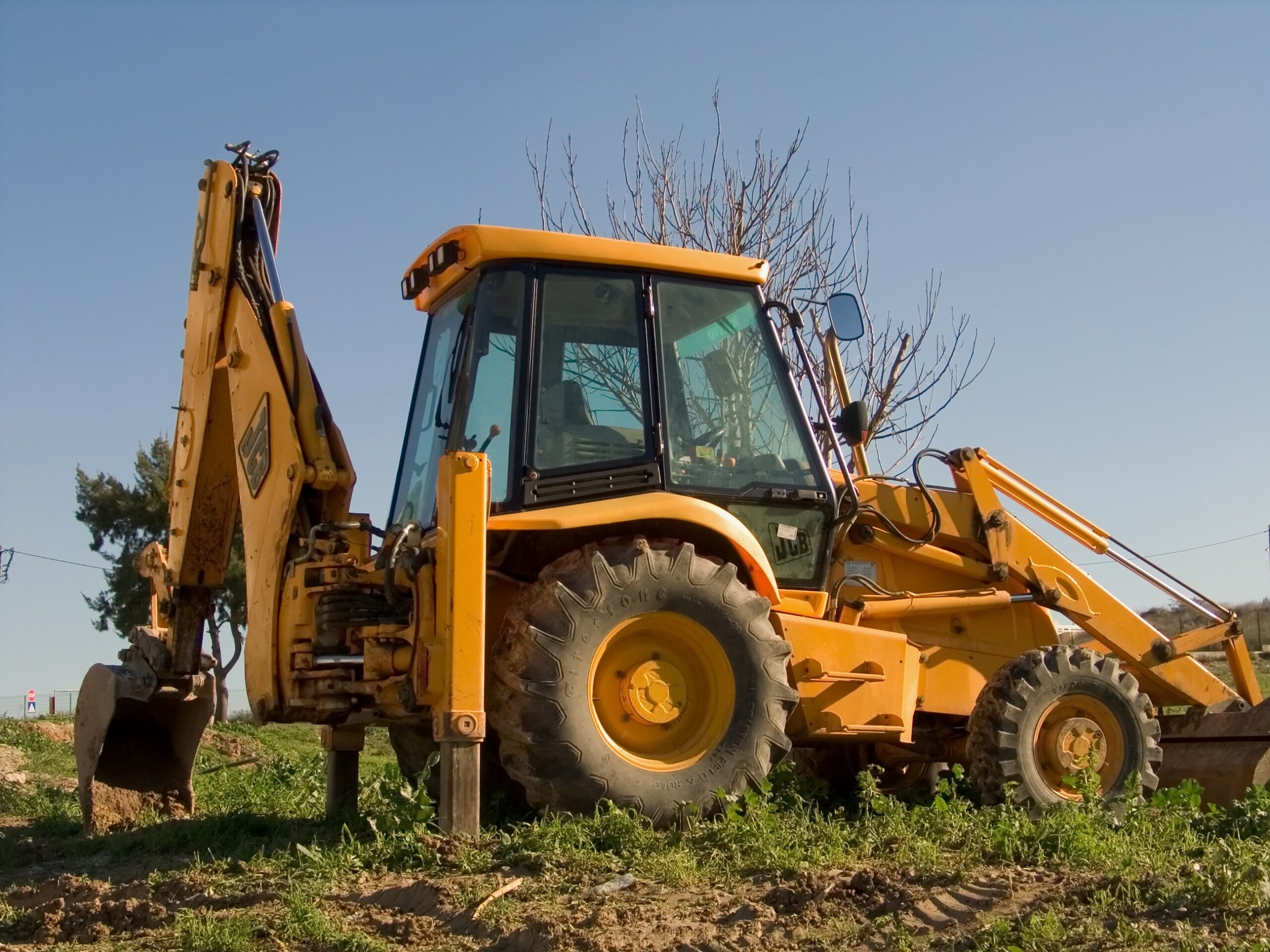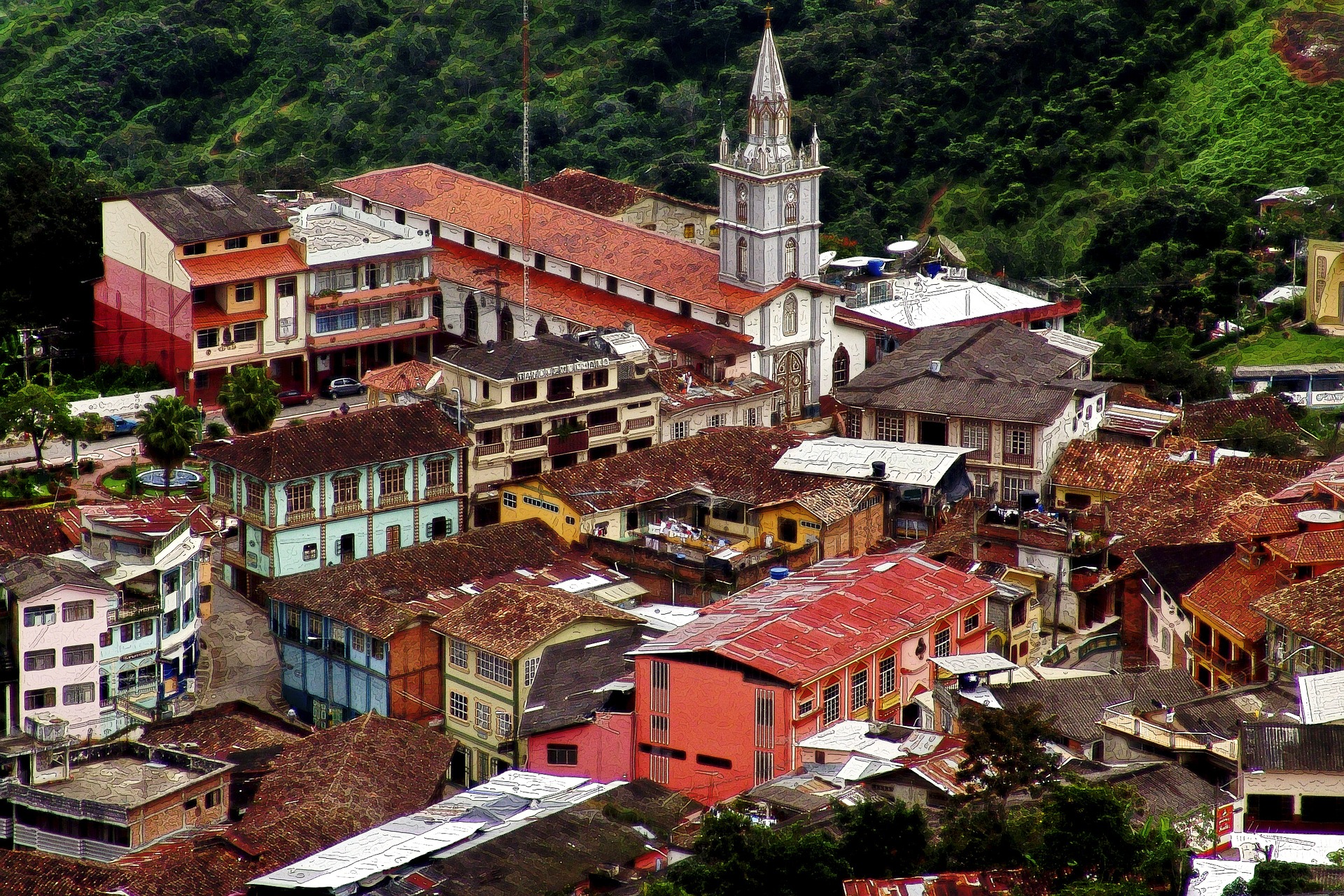Constitutional Court ratifies the ruling in case No. 1149-19-JP
January 5th, 2022
The Constitutional Court (hereinafter the“Court”)issued an order clarifying and extending (hereinafter the “Order”) judgment number 1149-19-JP of November 10, 2021 (hereinafter the “Judgment”) by which it decides (i) to deny the request for clarification and extension requested by the Attorney General’s Office and by Javier Polivio Pérez and others and (ii) partially accepts the clarification request by the National Mining Company ENAMI EP regarding paragraphs 327 and 340 of the Judgment and clarifies it.
Regarding the environmental consultation:
- It indicates that “[i]n the case of State authorizations and decisions that may affect the environment and are related to medium- and large-scale mining activities, the environmental consultation must be carried out:
- At least before the issuance of the environmental register and
- At least before the issuance of the environmental license.”
- In addition, it adds that “article 398 of the Constitution establishes environmental consultation, which is required in the case of any decision or state authorization that may affect the environment.”
As for binding precedents:
It states that “[t]he foregoing is understood as aplicable with respect to all points in which there are at least five votes in favor, considering the reasoning set forth in the concurring votes regarding the points of disagreement. […] For the purposes of this judgment, according to the review of the concurrent votes it is clear that the only point where five votes were not reached is that regarding the application of the precautionary principle or that of prevention in the specific case to justify the decision; therefore, the decision creates a binding precedent in all other respects.”
As for the principle of prevention:
It mentions that “the Court has not restricted the application of the principle of prevention to the prohibition of an activity, but establishes that this principle derives measures aimed at eliminating, avoiding, reducing and ceasing damages. Under the principle of prevention, there may be other measures that do not necessarily result in the prohibition of an activity. “
As for mining activities:
It states that “the Court considers plausible the hypothesis that mining activities would generate [environmental] damages, which constitute a clear violation of the rights of nature and specifically to the existence of its species and ecosystems, as well as to the regeneration of its cycles, structure, functions and evolutionary processes“.
Regarding environmental permits for extractive activities:
- It ratifies what was said in the Judgment: “the environmental authority before issuing an environmental registration had to examine the biological value and rights of Los Cedros and its species (…) it had to require the defendants to comply with their obligation to submit information on the impact on the rights of nature that their activity would produce…” and “this Court has considered indispensable in its jurisprudence to require an evaluation of the biodiversity of this ecosystem and possible violations of the rights of nature”.
- It ratifies that the MAATE, within 1 year, adapts the infralegal regulations corresponding to the issuance of environmental registrations and licenses and use of water for the execution of extractive activities according to the parameters of the Judgment.
As for the spaces in which mining can be carried out:
- It ratifies what has been said in the Judgment: “Although it is clear that in this provision the constituents (article 407 of the Constitution) expressly prohibited extractive activities in these areas, it is not concluded that such activities are automatically or unconditionally authorized in the rest of the national territory, or that, once the constitutional and legal conditions have been verified, such activities cannot be restricted or suspended in different areas, under a case-by-case analysis”
- In addition, it expands on what has been said by indicating that “the Court did not extend “the exclusion zones” of Article 407 of the Constitution, nor did it reform it, as the petitioner indicated. On the contrary, this magistracy expressly pointed out that the prohibition established in the aforementioned constitutional provision does not constitute an automatic and unconditional authorization to carry out extractive activities in any area of the Ecuadorian territory.”





Leave a comment